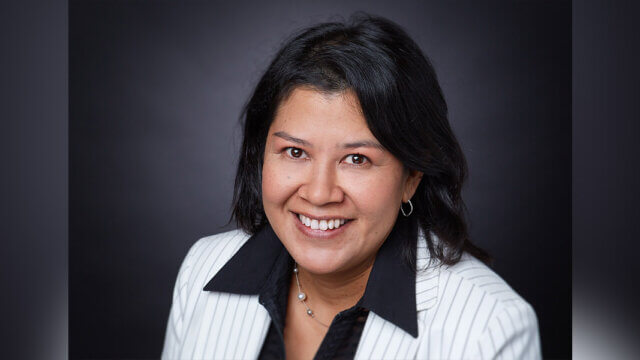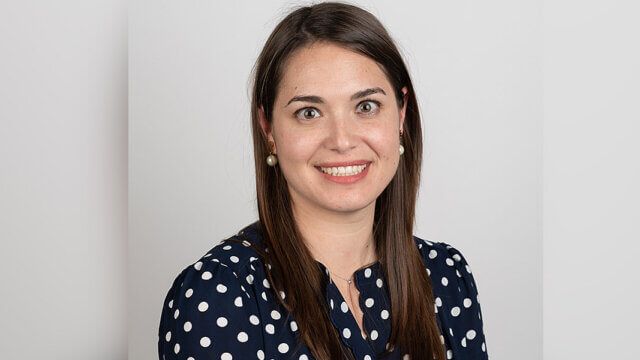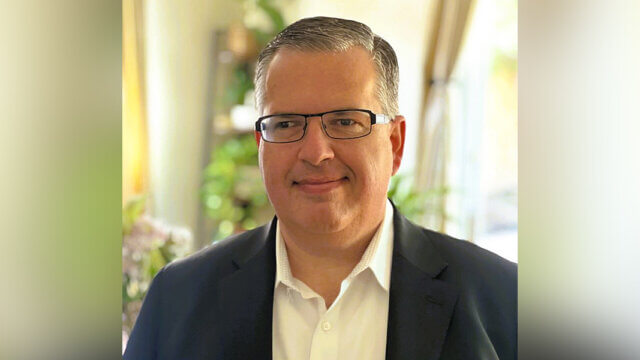By Nicole Adair
For obvious reasons, hotel operators are constantly looking for more efficient ways to run their business. Running a tight ship has always been important in the hotel business, but the COVID pandemic has taken efficient operations to a new level. In order to stay profitable today, many hotel companies have been forced to cut labor costs by reducing staff. Team members are being asked to do more with fewer resources.
Hotel operating teams do not look the same as they did one year ago. Revenue, sales and marketing departments have been turned upside down. Let’s take a closer look at what hotel operations may look like post-pandemic.
Centralization
Tasks that were often performed at the property level have, in many cases, been centralized and are now being handled by corporate leaders. Many companies that might have had sales, marketing and revenue roles at each property are now handling those responsibilities from a central location and feeding directives down to the property level.
Once demand returns, it will be interesting to see whether these property-level positions return. In the near term, as hotels rely mainly on leisure business, many of these responsibilities will likely stay at the corporate level. Perhaps, for city-center hotels that rely heavily on group business, these positions will come back as group demand returns. Unfortunately, this could be a long way off.
In the meantime, hoteliers have learned best practices for managing pricing, marketing and sales centrally. A corporate strategy, coupled with the right data and technology, helps keep operations streamlined. With one person overseeing strategy for multiple hotels, there is less opportunity for miscommunication.
Fortunately, comfortability with new communications tools like video conferencing and digital communication platforms are helping leaders manage remote teams and distribute strategies and delegate responsibilities from a central location. This will allow leaders to get more accomplished in shorter periods of time and be more efficient, which leads to cost savings.
For example, one of SHR’s partners oversees revenue strategy for a portfolio of properties on the West Coast. Prior to the pandemic, this leader would travel Monday through Friday, visiting properties throughout California to meet with GMs and on-property teams to analyze recent performance and help build future strategies. Now, much of his work is accomplished over video calls and he can stay in touch with property-level employees through a company-wide messaging platform.
Centralization, remote work and virtual communication will open up the talent pool for hotel companies and open up the job market for revenue professionals who may have found themselves out of work after their companies downsized during the pandemic. Whereas prior to the pandemic employers may have wanted someone local, much of the stigma around remote work is gone. Moving forward, prospective job applicants won’t be hamstrung by a need to relocate.
Working Together as One
Hoteliers have been talking about “breaking down the silos” between hotel departments for years, but COVID has finally forced this to become reality. With only the core team remaining, everyone in revenue, sales and marketing must work together to get the job done. And we’re all wearing more hats, meaning we must know more than just what our job title suggests. For example, a knowledge of digital marketing has been considered a marketable skill for a revenue manager to have, but this has rapidly become a necessity.
Many hotels that traditionally relied on group and corporate business have shifted strategy and are targeting more leisure travelers. This requires coordination between all departments—revenue must bring the data on reservations, market, pace and pricing; marketing must come up with unique offers to capture families who are looking for safe, socially-distanced experiences and execute the digital strategy; and sales must pivot to finding new types of targets and recalibrate their approach.
Therefore, it’s safe to say that the revenue leader of tomorrow will not be solely focused on just understanding supply, demand and pricing. Companies will hire leaders who can drive the digital marketing conversation and report on return-on-ad spend and conversion rates, for example, helping the hotel make smarter marketing decisions.
Along these lines, we’ll likely see more hotel companies champion roles like chief commercial officer (CCO) or chief revenue officer(CRO)—a position that oversees revenue, sales and marketing. Because generating revenue is critical to future success, more emphasis and responsibility should be placed on the teams and individuals who affect incoming revenue the most. Revenue, sales and marketing teams have the biggest impact here, so it’s natural that leaders from these departments should be elevated as decision makers and given the right tools and resources to operate most effectively.
Instead of these departments each operating independently, they should all be connected by dotted lines to a single leader who oversees all aspects of revenue generation. Some of the most forward-thinking hotel companies are putting a CRO or CCO in place to ensure coordination between the three revenue-generating departments and enact cohesive strategies around the same goals and performance metrics.
Driven by Technology
One of the things that has allowed hotel companies to continue operating with reduced staff has been the implementation of technology to take over some daily tasks. No longer are team members executing data compilation, day-to-day reporting and rate optimization.
When companies deploy a revenue management system, they are not simply entering rates and inventory in multiple systems for each of their channels. Now corporate-level executives can control the day-to-day rate strategy at multiple properties by creating a baseline framework and pushing it out to the GMs at each property.
With reduced staff, automating manual tasks is more important than ever before. Thankfully, the tools are available. As demand returns and hospitality enters a new era, smart hoteliers will keep these efficiencies in place and rely on staff to implement cutting-edge strategies to ensure their hotels become market leaders for the long run.
As director of revenue management services, Nicole Adair oversees operations for SHR’s revenue management for hire department, leading a team of revenue managers that work with client hotels to improve and advance their revenue generation and distribution strategies.
This is a contributed piece to Hotel Business, authored by an industry professional. The thoughts expressed are the perspective of the bylined individual.




